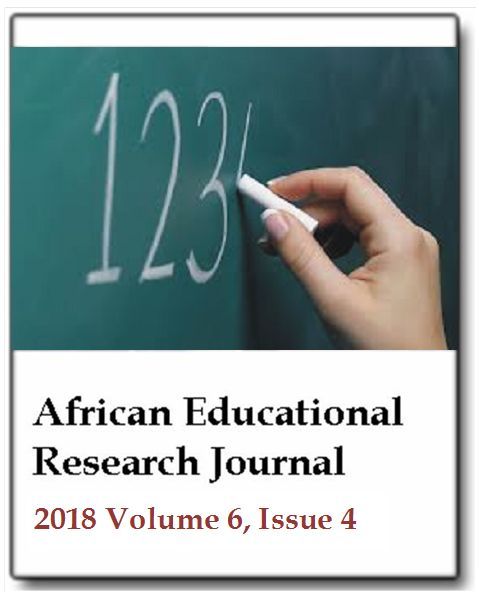Women’s leadership and political participation: Fair access to political spheres in the Province of Bulacan, Philippines
Alodia D. G. ZapataAfrican Educational Research Journal
Published: December 28 2018
Volume 6, Issue 4
Pages 334-341
DOI: https://doi.org/10.30918/AERJ.64.18.102
Abstract
Politics, as in many spheres of life in the Philippines, is still very much a male enclave. From the smallest government unit up to the national level, men dominate (Gemba, 2001). The study aimed to find out the factors that facilitates or restrains women candidates from participating in the political arena. This study was conducted among Lady Vice Mayors and Councillors from the Municipal Council and City Council in the province of Bulacan as well as the Lady Board Members of the Provincial Council of Bulacan. The study covers the personal characteristics of the candidates, their motivation to entering the political arena, the challenges and issues they faced as candidate and legislator, and the strategies they applied to overcome these hurdles. The study utilized a validated survey instrument from the survey conducted by the Royal University of Bhutan in 2014. Data for this study was gathered through the Office the Head of the Council or directly from the respondents by administering the survey instrument. The results indicate that the average age of the respondents is forty (Mean=40) years old. Majority of the respondents are married and majority of them had one to three children. The respondents have commendable educational background at college or university level. The main motivation factors of the respondents to running for office are the desire to bring community development; and, to promote gender equality within their respective communities. The family continues to be the biggest source of motivation and moral support for the women candidates. During the performance of their elective positions, the respondents continue to experience challenges like understanding the legal process, time management issues, and consultation skills--all are crucial to their legislative work.
Keywords: Women, leadership, political participation, fair access.
Full Text PDFThis article is published under the terms of the Creative Commons Attribution License 4.0

